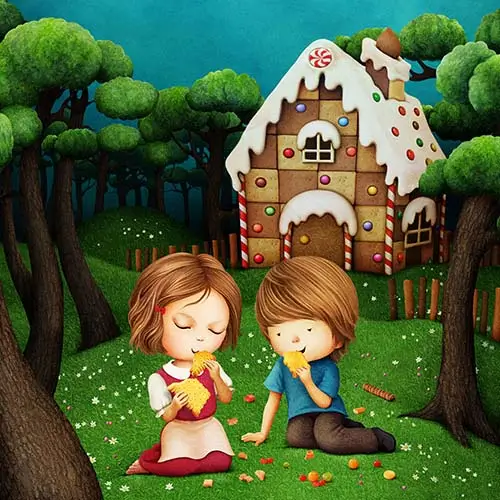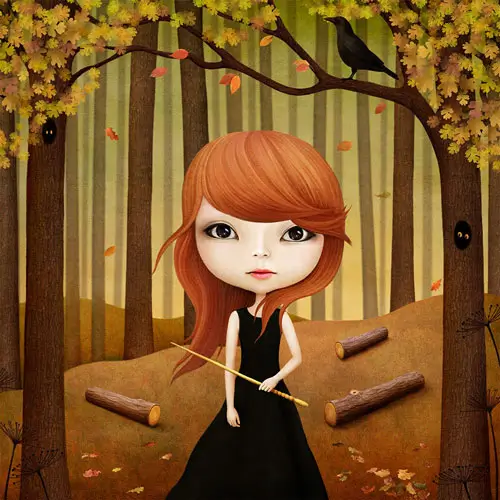Latvian Tale
The Wolf and the Ram
Being smart can help us defeat even the strongest foes. A lamb wanders into the woods. A hungry wolf wants to take advantage of him at once and have him for dinner. But the lamb’s wittiness easily tricked the wolf. He saves his own life not once, but twice - thanks to his agility and intelligence.


































